Praise for
Ordinary Injustice
One of the best portrayals Ive read of the everyday, mundane, and yet utterly paralyzing weaknesses of state criminal justice systems... Sobering, and important.
Emily Bazelon, Slate.com
A highly readable and balanced look at a variety of criminal justice problems in Americas courts... With compassion and an open mind, Bach has created a work capable of broadening even the sophisticated lawyer-readers perspective on where injustice is found.
Alyson Palmer, Fulton County Daily Report (Atlanta)
It takes an attorney to investigate state county courtrooms, and Ordinary Injustice reveals the sorry condition of certain state county courtrooms. Amy Bach is a hero to the faceless numbers who have stood before them, alone, convicted, without the guaranteed benefit of a zealous defense.
Mandy Twaddell, The Providence Journal
Exemplary legal writing.
Green Bag awards, 2009
Amy Bach sets out to uncover and, more important, explain widespread failures of the legal process. That she achieves this is reason enough to read and respect Ordinary Injustice. But she does it in a way that turns a necessary study into a hard-to-put down narrative that sometimes reads like a screenplay.
S TEVEN B RILL ,
founder of Court TV and
The American Lawyer
Every judge, prosecutor, and defense lawyer should read Ordinary Injustice. I hope it will compel us to reevaluate the injustice that occurs with impunity and regularity in our criminal justice system.
C HARLES J. O GLETREE J R .,
Jesse Climenko Professor of Law, Harvard Law School
Moving, illuminating, damning. Bach gets beyond the usual suspects, exposing a corrosive culture. It is a tribute to its honesty that Ordinary Injustice will make readers squirm.
S TEVE B OGIRA ,
author of Courtroom 302
This is a very important book for anyone seriously concerned about the continuing struggle for civil rights in this nation. I hope outrage will push citizens everywhere to demand fulfillment of the birthright of every American: equal justice under the law.
R EVEREND J OSEPH E. L OWERY ,
cofounder and president emeritus of
the Southern Christian Leadership Conference
An extraordinary survey of the American criminal justice system... A must-read for anyone interested in how our system functions, and fails, in too many communities.
B RYAN S TEVENSON ,
director, Equal Justice Initiative,
New York University School of Law
Ordinary Injustice is anything but ordinary, weaving together path-breaking reporting, riveting history, and incisive political analysis.... It should be required reading for law students, lawyers, and ordinary citizens.
S AMANTHA P OWER ,
author of Chasing the Flame:
One Mans Fight to Save the World
ORDINARY INJUSTICE
ORDINARY INJUSTICE
HOW AMERICA HOLDS COURT
AMY BACH
A HOLT PAPERBACK
METROPOLITAN BOOKS / HENRY HOLT AND COMPANY
NEW YORK

Holt Paperbacks
Henry Holt and Company, LLC
Publishers since 1866
175 Fifth Avenue
New York, New York 10010
www.henryholt.com
A Holt Paperback and  are registered trademarks of Henry Holt and Company, LLC.
are registered trademarks of Henry Holt and Company, LLC.
Copyright 2009 by Amy Bach
All rights reserved.
Distributed in Canada by H. B. Fenn and Company Ltd.
Library of Congress Cataloging-in-Publication Data
Bach, Amy, 1968
Ordinary injustice : how America holds court / Amy Bach.1st ed.
p. cm.
Includes bibliographical references and index.
ISBN: 978-0-8050-9227-1
1. Criminal justice, Administration ofUnited States. 2. Judicial errorUnited States. I. Title.
KF9223.B23 2009 |
345.73'05dc22 | 2008027484 |
Henry Holt books are available for special promotions and premiums. For details contact: Director, Special Markets.
Originally published in hardcover in 2009 by Metropolitan Books
First Holt Paperbacks Edition 2010
Designed by Meryl Sussman Levavi
Printed in the United States of America
1 3 5 7 9 10 8 6 4 2
To John Markman
CONTENTS
ORDINARY INJUSTICE
INTRODUCTION
One rainy afternoon in Quitman County, Mississippi, I met with a woman who was certain her granddaughter had been raped. There was plenty of evidence and a likely perpetrator, yet the allegation had never seen the inside of a courtroom. The victim was just eleven years old.
When I was greeted by the grandmother at her door, she asked whether I was from the Justice Department. Her face was lit up with hope. It was, however, a strange question. Just the day before, I had explained that I was working on a book about Americas criminal justice system and wanted to talk about her familys case. We sat at the kitchen table where she produced a worn paper bag filled with the detailed inquiries she had sent to government officials as well as the form letters she had received in response. She wanted answers: Why had no one taken the case seriously? Did no one care that an adult male had raped an eleven-year-old girl? A prosecutor is obliged to evaluate reports and decide whom to charge. Why wasnt the prosecutor doing his job?
It turned out that the grandmother was not the only one frustrated with the courts. As soon as word got out that there was a reporter in town, my phone started ringing. People from all over the area wanted to tell their stories; most were victims of crimes that had never been investigated, let alone prosecuted. They were happy to talk to merelieved eventhough also incredulous. Why was I so interested? Even the countys prosecutor was surprised. He had resolved these cases ages ago, why was I bothering with them? Let me ask you this, he said. Who is complaining? He knew the answer, of course. It was no oneno official, no one he could hear.
The grandmothers questions were more difficult to address. Like so many citizens, she wanted to hold someone responsible for the lapse in justice that had left her granddaughters rapist uncharged. She was right to mistrust the prosecutor, though he was but a small cog in a very large and malfunctioning wheel. He lived and worked in a community where legal professionals, local officials, and citizens had known about ongoing problems in the criminal courts for years but had done nothing to fix them.
This book examines how state criminal trial courts regularly permit basic failures of legal process, such as the mishandling of a statutory rape allegation. Ordinary injustice results when a community of legal professionals becomes so accustomed to a pattern of lapses that they can no longer see their role in them. There are times when an alarming miscarriage of justice does come to light and exposes the complacency within the system, but in such instances the public often blames a single player, be it a judge, a prosecutor, or a defense attorney. The point of departure for each chapter in this book is the story of one individual who has found himself condemned in this way. What these examples show, however, is that pinning the problem on any one bad apple fails to indict the tree from which it fell. While it is convenient to isolate misconduct, targeting an individual only obscures what is truly going on from the scrutiny change requires. The system involves too many players to hold only one accountable for the routine injustice happening in courtrooms across America.



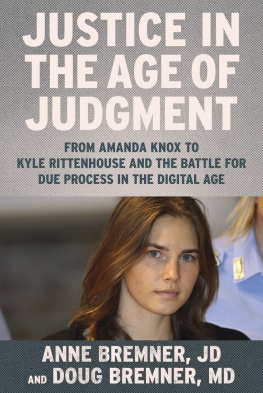

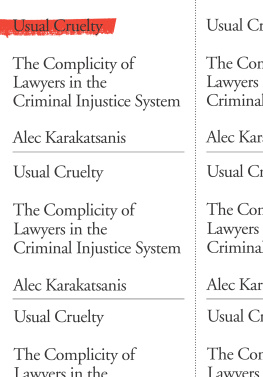
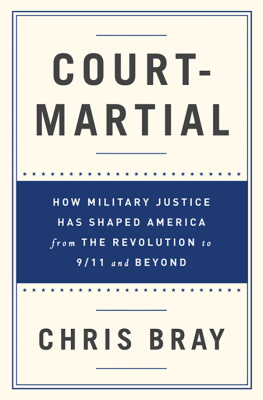
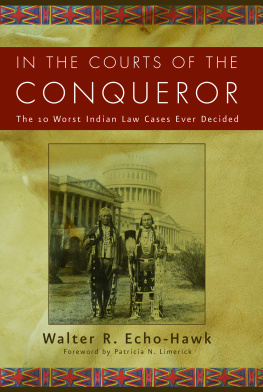
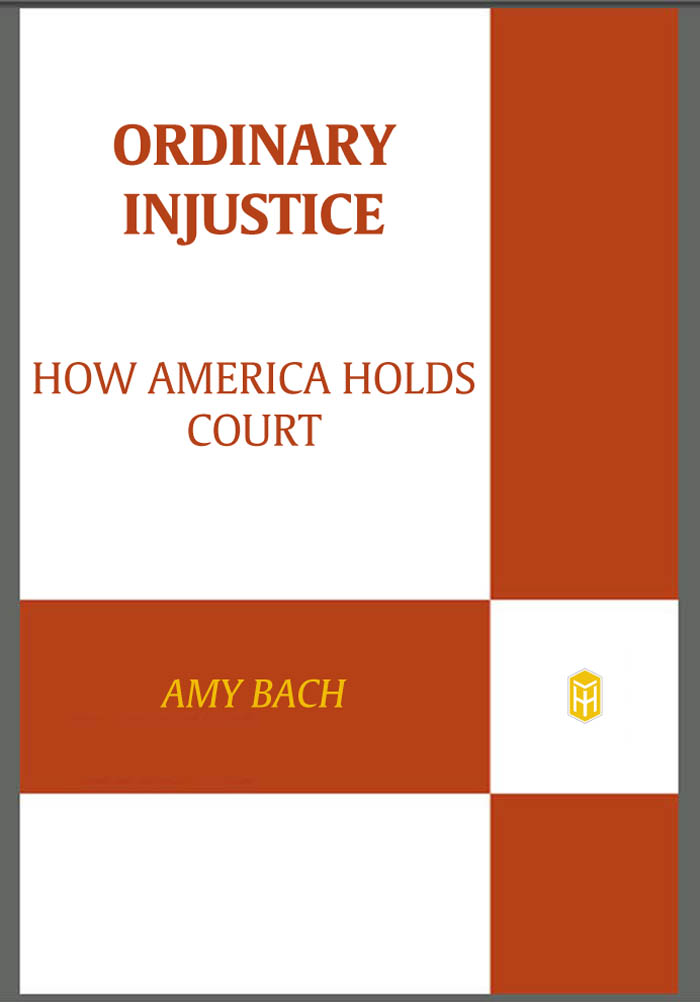

 are registered trademarks of Henry Holt and Company, LLC.
are registered trademarks of Henry Holt and Company, LLC.